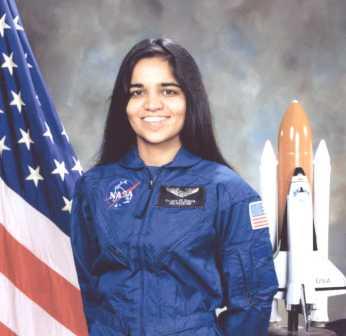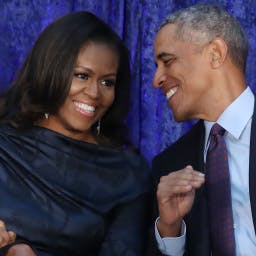Year 3 - Chawla Class and Obama Class


Chawla Class
Class teachers: Mrs. Sargeant
Learning Assistants: Mrs Chrystal Muldoon, Miss Marina Nosova
Obama Class
Class teacher:Miss Jenna Woods and Miss Melissa King
Learning Assistants: Mrs Jenny Rhodes and Mrs Naomi Carroll
Curriculum




